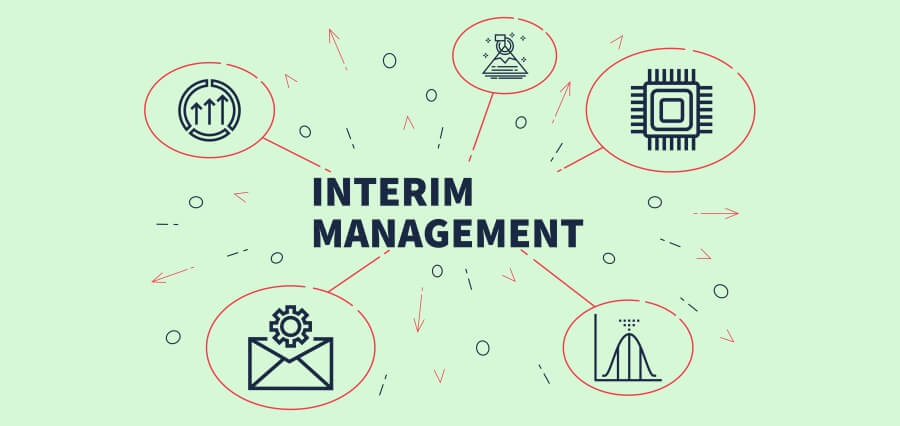
Interim management has evolved into a strategic tool for businesses navigating transitions, crisis management, or seeking specialized leadership for specific projects or periods. The deployment of interim managers provides organizations with agility and expertise, injecting fresh perspectives and skills when needed. The top benefits and challenges of leveraging interim management in today’s dynamic business environment are explored below.
**Benefits of Interim Management**
**Expertise on Demand**
Interim managers bring specialized knowledge and skills that may be absent within an organization, offering targeted strategies and immediate solutions without lengthy onboarding processes.
**Flexibility and Agility**
Interim management offers flexibility in duration and scope, allowing businesses to hire managers for specific projects or periods based on their needs, adapting to market changes without long-term commitments.
**Cost-Effectiveness**
Hiring interim managers can be more cost-effective than engaging full-time executives, particularly for projects with defined timeframes, as they do not require the full spectrum of employee benefits.
**Fresh Perspective**
Interim managers’ wealth of experience and specialized skills bring invaluable insights to businesses facing complex challenges or new initiatives, offering innovative strategies and fostering continuous improvement.
**Mentorship and Knowledge Transfer**
Seasoned interim managers can serve as mentors, transferring knowledge and expertise to existing team members, enhancing skills and ensuring important lessons learned are passed down within the organization.
**Interim Management and Crisis Management**
In addition to mentorship, interim managers excel in crisis management, developing effective strategies to address challenges during times of significant transition or unexpected crises, guiding organizations to emerge stronger.
**Goal Insight**
By providing unbiased goal perspectives and innovative strategies, interim managers identify opportunities for improvement, driving change and delivering results while maintaining objectivity.
**Speed**
Interim managers are adept at working under pressure, making swift decisions and implementing solutions to drive growth and improve performance during times of crisis or change.
**Change Management**
Experienced in guiding organizations through transformations, interim managers ensure minimal disruption while maximizing outcomes, communicating effectively with all levels of the organization to facilitate smooth transitions.
**Project Management**
With extensive experience in various industries and roles, interim managers excel in project management, overseeing projects of any size and scope, managing timelines, setting goals, and adapting strategies to meet specific project needs.
**Risk Management**
Trained to identify potential risks and develop mitigation strategies, interim managers ensure projects stay on track and within budget by proactively addressing risks before they become major issues.
**Budget Management**
An essential responsibility of interim managers is managing project budgets, creating, tracking expenses, and making adjustments to ensure projects remain on track and within budget constraints.
**Knowledge Transfer**
Aside from executing specific mandates, interim managers impart valuable knowledge and skills to in-house teams, strengthening organizational capabilities for future projects and enhancing the skills of existing team members.
**Fast Results**
Recognized for their ability to deliver quick results, interim managers assess situations, develop action plans, and achieve desired outcomes for time-sensitive projects that require immediate support.
**Complex Projects**
Interim managers are often sought after for their expertise in managing complex projects, bringing fresh ideas and a proven track record of success to tackle difficult challenges without disrupting regular operations.
**Crisis Management**
In times of crisis, interim managers provide valuable resources for businesses, leveraging their experience and knowledge to handle high-pressure situations and mitigate potential damage, making strategic decisions to protect organizations.
While the benefits of interim management are substantial, businesses must navigate through challenges such as short-term commitments, familiarizing with company culture, managing team dynamics, and limited authority. Interim managers must possess strong communication skills, strategic thinking, problem-solving abilities, and quick adaptability to succeed in their roles.
Investing in the benefits and challenges of interim management is crucial for businesses to drive change, fill leadership gaps, and enhance specialized capabilities. By selecting interim managers carefully, setting clear objectives, and integrating them effectively, organizations can maximize the value they bring and position themselves for long-term success in a constantly evolving business landscape.

